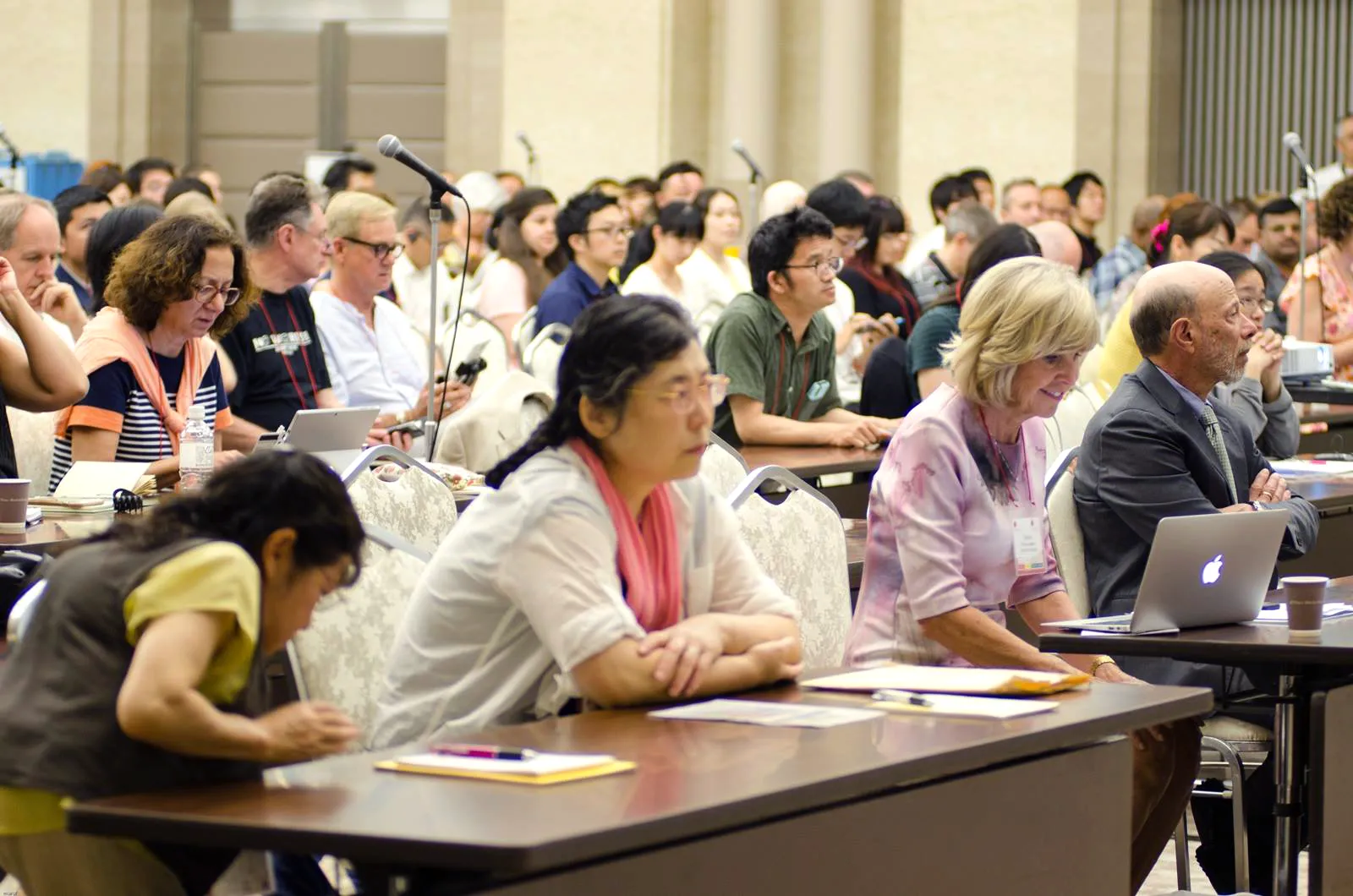JFD Volume 79
An extensive coverage of clinical, experimental, and theoretical aspects of stuttering and cluttering. Available for free to all WSCO members.
Pre-Congress CLAN Workshop (May 15th)
We look forward to an additional workshop titled, “CLAN workshop: how to use CLAN to analyze fluency and language behaviors in spoken samples” which will take place Wednesday, May 15th from 9am-12pm. Please see the workshop description, registration information, and information about the presenter in this post.
Pre-Congress CLAN Workshop (May 15th)
We look forward to an additional workshop titled, “CLAN workshop: how to use CLAN to analyze fluency and language behaviors in spoken samples” which will take place Wednesday, May 15th from 9am-12pm. Please see the workshop description, registration information, and information about the presenter in this post.
2024 Congress sponsorship
We invite you to consider sponsoring WSCO’s 2024 World Congress on Stuttering and Cluttering.
2024 Congress sponsorship
We invite you to consider sponsoring WSCO’s 2024 World Congress on Stuttering and Cluttering.
Pre-Congress RESTART-DCM Workshop (May 15th)
We are pleased to introduce this year’s Pre-Congress workshop titled, “The RESTART-DCM treatment for pre-school children who stutter: an introduction” which will take place Wednesday, May 15th from 1–5pm. Please see the workshop abstract, information about the presenters, and references in this post.
Pre-Congress RESTART-DCM Workshop (May 15th)
We are pleased to introduce this year’s Pre-Congress workshop titled, “The RESTART-DCM treatment for pre-school children who stutter: an introduction” which will take place Wednesday, May 15th from 1–5pm. Please see the workshop abstract, information about the presenters, and references in this post.
Early Bird Price Extension and Congress Refund Policy
To facilitate your planning to attend the congress, early bird pricing is now available through February 16th, 2024. Please remember that registration closes on April 1st, 2024.
Early Bird Price Extension and Congress Refund Policy
To facilitate your planning to attend the congress, early bird pricing is now available through February 16th, 2024. Please remember that registration closes on April 1st, 2024.
Financial support available
Financial support from the US NIH-NIDCD available to students and junior researchers to attend the Congress.
Financial support available
Financial support from the US NIH-NIDCD available to students and junior researchers to attend the Congress.
